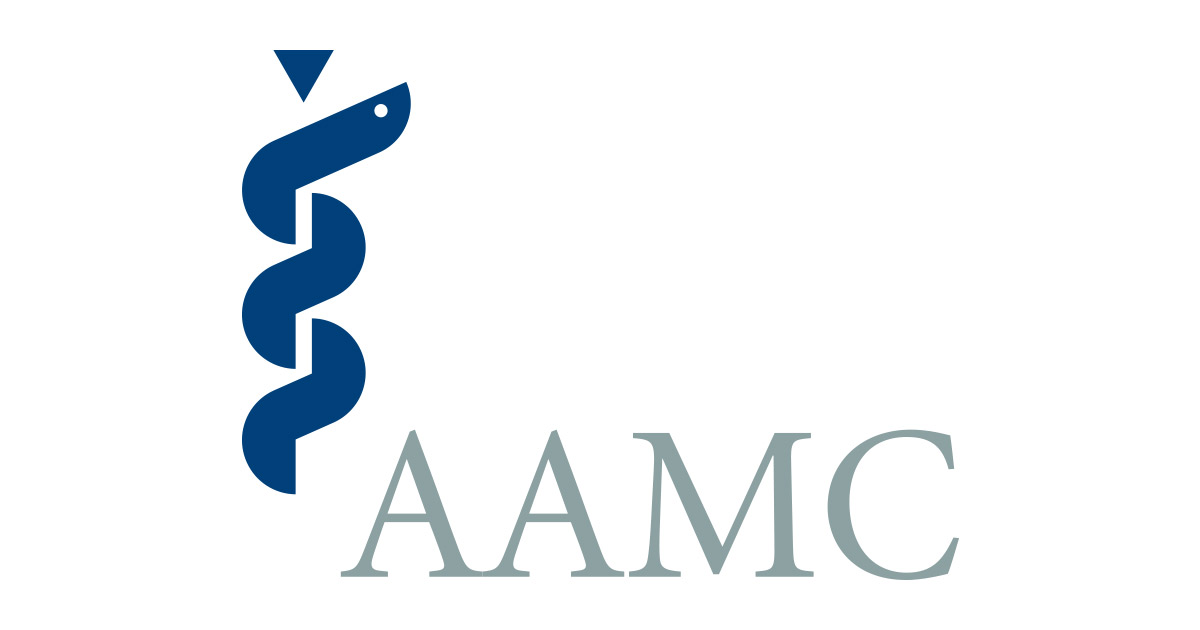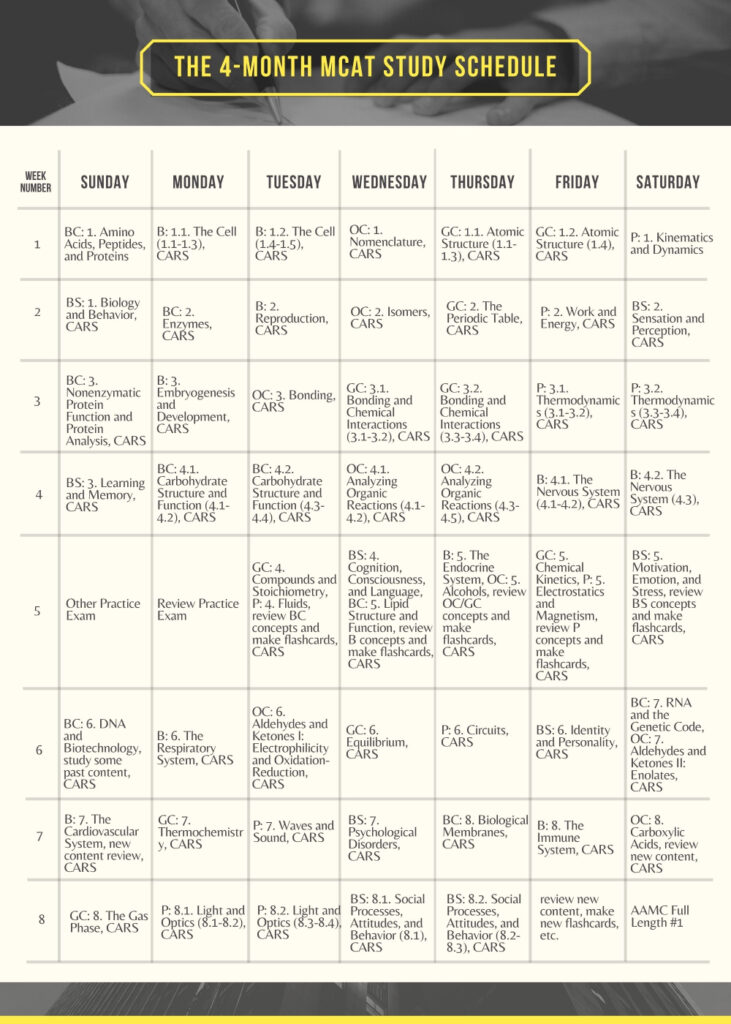The Medical College Admission Test (MCAT) is one of the most important steps for students aspiring to enter medical school in the United States. As a standardized test, it assesses critical thinking, problem-solving, and knowledge of natural, behavioral, and social sciences. For many pre-med students, understanding what the MCAT is, how to prepare for it, and what to expect on test day is essential.
In this guide, we’ll explore everything you need to know about the MCAT, from registration and fees to study strategies and test-day tips. Whether you’re just starting your journey or looking to refine your approach, this article will provide valuable insights into the MCAT process.
What is the MCAT?
The MCAT is a computer-based exam administered by the Association of American Medical Colleges (AAMC). It is required by all medical schools in the U.S. and Canada as part of the application process. The test is designed to evaluate a student’s readiness for medical school by measuring their understanding of key scientific concepts, critical analysis, and reasoning skills.
The MCAT consists of four sections:
- Biological and Biochemical Foundations of Living Systems
- Chemical and Physical Foundations of Biological Systems
- Psychological, Social, and Biological Foundations of Behavior
- Critical Analysis and Reasoning Skills (CARS)
Each section is scored on a scale of 118 to 132, with a total score ranging from 472 to 528. A strong MCAT score can significantly improve your chances of being accepted into medical school.
How to Register for the MCAT

Registering for the MCAT is a straightforward process, but it requires careful planning. Here’s a step-by-step guide to help you get started:
- Create an AAMC Account: First, visit the AAMC website and create an account. This will allow you to access your test registration, scores, and other resources.
- Provide Personal Information: Once logged in, you’ll be asked to provide your personal details, including your address. Make sure to enter your information exactly as it appears on your government-issued ID, which you’ll use for identification on test day.
- Select a Test Date and Location: Choose a date and location that works best for you. The MCAT is offered multiple times throughout the year, typically between January and September.
- Pay the Registration Fee: The standard registration fee for the MCAT is $355 USD. If you qualify for the AAMC Fee Assistance Program, the cost is reduced to $145 USD. International test-takers may also incur an additional fee of $130.
- Request Accommodations (if needed): If you require special accommodations due to a disability, you must submit a request through the MCAT Accommodations Online system. The review process can take up to 60 days, so plan accordingly.
It’s important to note that you can only schedule your MCAT 10 days before your chosen test date. If you’re unsure about your test date, consider requesting to be notified when seats become available.
Can I Change My MCAT Test Date?

Yes, you can reschedule your MCAT test date or change your test center up to 10 days before your scheduled appointment. However, there are specific fees associated with rescheduling:
| Days Before Scheduled MCAT | Rescheduling Fee | Cancellation Refund |
|---|---|---|
| 60 days or more | $55 | $175 |
| 30–59 days | $110 | $175 |
| 10–29 days | $210 | No refund |
If you cancel your registration more than 30 days before your test date, you will receive a partial refund of $175. After that, no refunds are issued.
To reschedule, log into your AAMC account and follow the instructions in the MCAT Registration System. Be sure to check availability for your desired date and location before making any changes.
When Should I Take the MCAT?
The medical school application cycle opens in June each year, and many schools use a rolling admissions policy. This means that the earlier you submit your application and have your MCAT score ready, the better your chances of acceptance.
Most students begin preparing for the MCAT three to six months in advance. If you’re planning to take the test in January or March, start studying in September or October. For those taking the exam in April, May, June, or July, aim to begin in January or February.
It’s also important to consider the timing of your MCAT score. You want to ensure that your results arrive in time for your medical school applications. If you’re applying to multiple schools, you may need to take the test early to meet deadlines.
How Should I Study for the MCAT?

Studying for the MCAT requires a strategic and consistent approach. Here are some key tips to help you prepare effectively:
- Take a Diagnostic Exam: Start by taking a practice test to establish your baseline score. This will help you identify your strengths and weaknesses.
- Set a Target Score: Based on your diagnostic results, set a realistic goal for your MCAT score. This will guide your study plan.
- Use High-Yield Topics: Focus on high-yield topics that appear frequently on the exam. These include biochemistry, thermodynamics, kinematics, and learning theories.
- Build a Study Calendar: Create a detailed study schedule that accounts for your personal and professional commitments. Aim for at least 300–350 hours of study time.
- Practice with Purpose: Use practice questions and full-length exams to simulate real test conditions. Review your mistakes to improve your performance.
- Take Sectional Exams: Begin by practicing individual sections before moving on to full-length simulations. This helps build confidence and identify areas for improvement.
Experts like Petros Minasi, Senior Director of Pre-Health Programs at Kaplan, emphasize the importance of targeted study and critical thinking skills. “Students should focus on high-yield topics and build a study plan that includes both content review and practice,” he says.
What Are the High-Yield Topics?
The MCAT covers a wide range of subjects, but certain topics are more frequently tested than others. Here’s a breakdown of the high-yield areas:
- Biological Sciences: Biochemistry of proteins, enzymes, DNA, molecular biology, and oxidative phosphorylation.
- Physical Sciences: Thermodynamics, chemical reactions, oxidation-reduction, and acids and bases.
- Physics: Kinematics, forces, work, torque, waves, and electrostatics.
- Behavioral Sciences: Learning and memory, demographics, social behavior, and group psychology.
While these topics are crucial, it’s also important to understand the underlying principles. For example, while organic chemistry may not be directly tested, it plays a significant role in biochemistry questions.
Final Tips for MCAT Success
- Stay Consistent: Dedicate time each day to studying, even if it’s just 1–2 hours.
- Avoid Burnout: Schedule regular breaks and take a day off each week to maintain your mental health.
- Simulate Test Conditions: Take full-length practice exams under timed conditions to build stamina and reduce anxiety.
- Review Mistakes: Analyze your incorrect answers to avoid repeating them on the actual test.
- Get Enough Rest: Prioritize sleep and nutrition in the weeks leading up to the exam.
By following these strategies, you’ll be well-prepared to tackle the MCAT and increase your chances of success.
Conclusion
The MCAT is a critical step in the journey to becoming a physician. Understanding the exam format, registration process, and effective study strategies can make all the difference in your performance. With proper planning and dedication, you can achieve a strong score and take the next step toward your medical career.
Whether you’re just starting your MCAT prep or looking for last-minute tips, this guide has provided a comprehensive overview of everything you need to know. Stay focused, stay motivated, and remember that persistence pays off.
Meta Title: US Trending News: What is the MCAT?
Meta Description: Learn everything about the MCAT, from registration to study tips. Stay updated with the latest news on US medical school requirements.
Author: Jane Doe
Title/Role: Medical Education Specialist
Credentials: With over 10 years of experience in medical education, Jane has helped hundreds of students prepare for the MCAT and gain admission to top medical schools.
Profile Link: www.janedoe.com
Sources:
– AAMC Official Website
– Kaplan MCAT Prep Resources
– AMA Pre-Med Guide
Internal Links:
– What’s a Good MCAT Score?
– Which MCAT Test Date is Right for You?
– MCAT Study Plans
Schema Markup:
{
"@context": "https://schema.org",
"@type": "Article",
"headline": "What is the MCAT? A Complete Guide for Aspiring Medical Students",
"datePublished": "2025-04-05",
"author": {
"@type": "Person",
"name": "Jane Doe"
},
"publisher": {
"@type": "Organization",
"name": "US Trending News",
"logo": {
"@type": "ImageObject",
"url": "https://example.com/logo.png"
}
},
"description": "Learn everything about the MCAT, from registration to study tips. Stay updated with the latest news on US medical school requirements."
}
Featured Snippet:
“The MCAT is a standardized test required by all U.S. and Canadian medical schools. It assesses critical thinking, problem-solving, and knowledge of natural, behavioral, and social sciences. The exam consists of four sections and is scored on a scale of 472 to 528.”












More Stories
What Is Yodo Para Tiroides and How Does It Affect Thyroid Health?
What is WSET? A Comprehensive Guide to Wine Education
US Trending News: What Are Winter Bones? A Guide to the Seasonal Trend in Bone Health